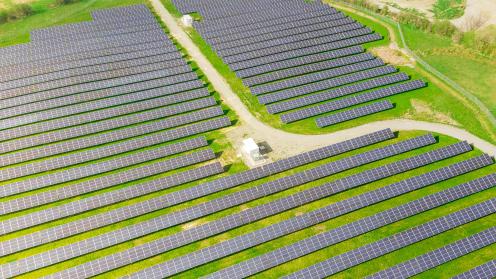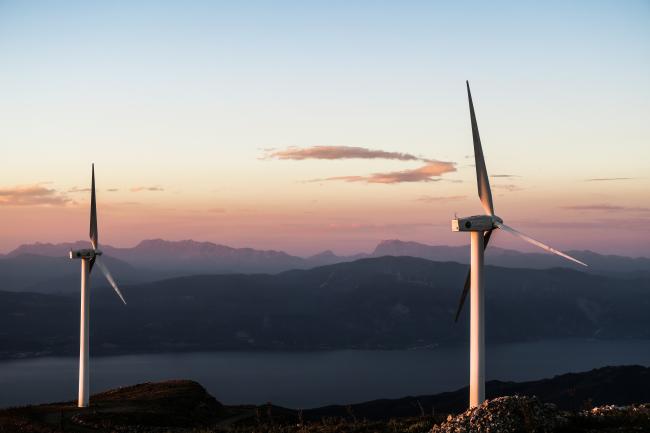The launch of the UN-Energy Plan of Action and the Energy Compact Action Network took place during a half-day event, held in a virtual format, on 4 May 2022. Moderator Nisha Pillai emphasized that the September 2021 High-level Dialogue on Energy had generated 200 voluntary commitments that must now be turned into action.
Opening the launching ceremony, Liu Zhenmin, Under-Secretary-General for Economic and Social Affairs and the Secretary-General of the High-level Dialogue on Energy, said the Ukraine crisis has affected the global food, energy, and finance markets, hurting the world’s most vulnerable people and slowing SDG progress and climate action. Liu said the UN Secretary-General’s outcome summary of the High-level Dialogue on Energy – the global roadmap to accelerate action on SDG 7 (affordable and clean energy) – charts a clear path to SDG 7 and net-zero emissions.
The UN-Energy Plan of Action towards 2025 was launched by Achim Steiner, Administrator of the UN Development Programme (UNDP), UN-Energy Co-Chair and Co-Chair of the High-level Dialogue on Energy. He said the Plan of Action will guide UN-Energy in the coming years as they help to translate commitments from recent summits on energy and climate change into action for the most vulnerable. He noted that UN organizations also will work to “walk the talk” by achieving net-zero facilities, procurement, and operations.
The Energy Compact Action Network was launched by Damilola Ogunbiyi, Special Representative of the Secretary-General for Sustainable Energy for All, UN-Energy Co-Chair and Co-Chair of the High-level Dialogue on Energy. She said launching this network is the next step in enabling delivery of the commitments in the 200 energy compacts and increasing the pace of progress towards SDG 7. The network will showcase leadership, monitor progress, and match offers from the compact coalitions with requests for support.
The heads of UN-Energy organizations gave brief remarks. They highlighted the Energy Compacts they are leading, noted their priorities for the remaining years to 2030, and described their support for countries to make needed changes. Multiple speakers called for “radical and immediate action” to preserve the chance to limit global temperature rise to 1.5 degrees Celsius or even 2 degrees. Speakers also highlighted the new challenges that the war in Ukraine has introduced for global energy supplies and policy. The launching ceremony also featured recorded statements by nine UN Member States: Panama, El Salvador, Norway, Pakistan, Russia, India, the Netherlands, Brazil, and Sweden.
The event then showcased alliances of partners engaged with four Energy Compacts that have gained support or additional partners through the Energy Compact Action Network that was launched. The Energy Compacts discussed were the following:
- The Green Hydrogen Compact, which announced a catalogue of partners working to create a market for green hydrogen to help decarbonize the most “hard to abate” sectors.
- The Nigeria Energy Compact and the country’s commitment to reach net-zero emissions across its economy by 2060.
- The Gender and Energy Compact, working to ensure women equally lead, participate in, and benefit from sustainable energy solutions.
- The Santiago Energy Compact, through which the city is electrifying its public buses – the first electric bus fleet in Latin America – and becoming the region’s most bikeable city.
Minoru Takada, Team Leader, Secretariat of the High-level Dialogue on Energy, UN Department of Economic and Social Affairs (DESA), said humanity’s future depends on progress in achieving the SDGs and arresting the climate crisis, and the UN system is stepping up its efforts to support action. He closed the event at 11:40 am.
To receive free coverage of global environmental events delivered to your inbox, subscribe to the ENB Update newsletter.














